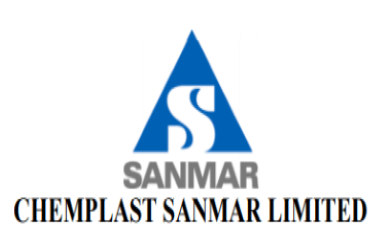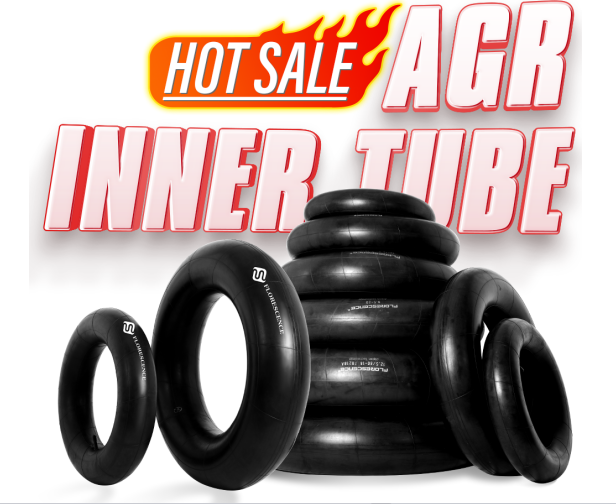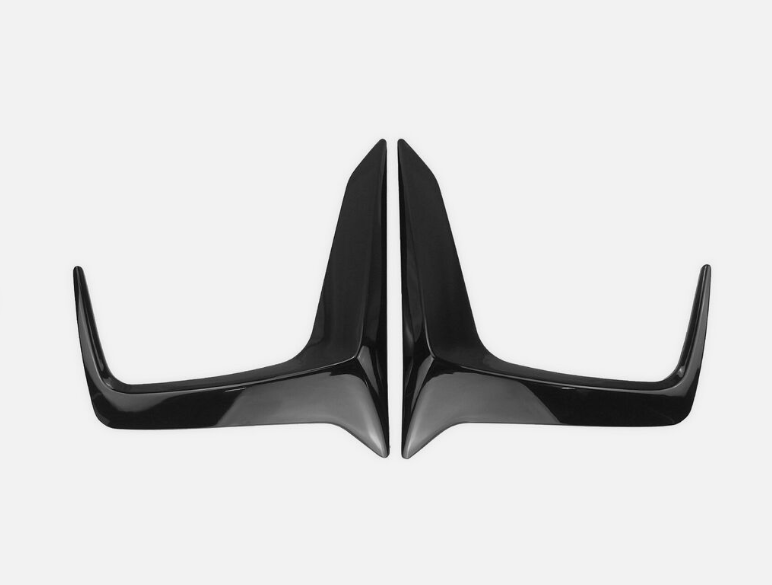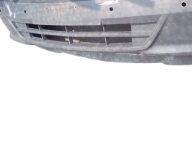Chemplast Sanmar to benefit from favourable PVC cycle: ICICI Securities

Chemplast Sanmar (CSL) is a leading manufacturer of PVC resin in India, and plans to accelerate its custom manufacturing business. It is backward-integrated for paste PVC, which gives the company exposure to caustic soda, chloromethane and hydrogen peroxide markets. PVC market is undergoingstructural changes with tightening supplies, which favours PVC manufacturers.
CSL is also focused on increasing revenues from custom manufacturing with a planned capex of Rs3.4bn over next 3-4 years. EBITDA is likely jump to Rs11.4bn in FY23E from Rs9.6bn in FY21 and Rs4bn in FY20; net profit is estimated to surge to Rs7.2bn in FY23E from Rs2.8bn in FY21. Post-tax RoCE are likely to be healthy at 31% and 27% respectively in FY23E and FY24E, while we see FCF generation of Rs5.5bn from FY23E onwards.
CSL is a good play on polyvinyl chloride (PVC). CSL has paste PVC capacity of 66ktpa and plans to add another 35ktpa by H2FY24. It is the sole PVC producer in India with micro-suspension technology [the only other PVC producer, Finolex Industries (capacity: 22ktpa) uses emulsion technology]. India imported 65kte of paste PVC in FY20. CSL is backward-integrated for paste PVC with manufacturing capacity for chlorine (chlor-alkali), ethylene dichloride (EDC) and vinyl chloride monomer (VCM), which helps the company capture margins across the value chain (implying a large part of price rise flowing into EBITDA). CSL also has 300ktpa capacity for suspension PVC (S-PVC) out of its total S-PVC capacity of 1.5mtpa in India. It is the second largest S-PVC manufacturer in India and the largest in south India. Company is one step backward-integrated to VCM for S-PVC manufacturing. It has 119ktpa capacity for caustic soda, 35ktpa for chloromethane and 35ktpa for hydrogen peroxide.
China’s dual control on energy consumption driving chemical prices higher. China has curtailed energy consumption in certain provinces including Jiangsu, a major chemical hub, and 90% of the enterprises there are hit by cut in energy consumption. Such control will disrupt the supply chain for many chemicals and drive prices high in the near term. From 2021, Inner Mongolia, the largest PVC manufacturing hub in China, will no longer approve new production of coke, calcium carbide and PVC without downstream conversion. CSL will benefit from higher spreads for multiple products:
caustic soda: our discussions with industry suggest caustic soda prices have increased to Rs35-40/kg from Rs25kg in Q1FY22 while higher coal prices will erode margin to a certain extent (though CSL will continue to benefit significantly at EBITDA level); and
PVC: higher coal prices will increase costs for Chinese PVC manufacturers (who use the calcium carbide method) while higher caustic soda prices will reduce chlorine prices (which will benefit EDC / VCM buyers). CSL will see higher spreads for PVC given benign EDC prices and higher PVC realisation.
Register Now to Attend NextGen Chemicals & Petrochemicals Summit 2024, 11-12 July 2024, Mumbai
 2024-06-18
2024-06-18  2024-06-18
2024-06-18  2024-06-20
2024-06-20  2024-06-20
2024-06-20  2024-06-20
2024-06-20 








